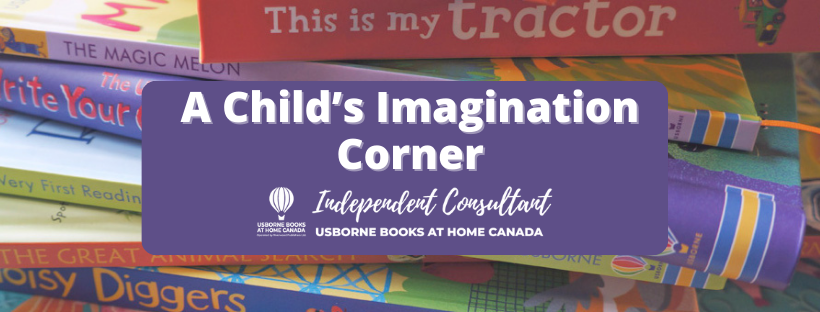- Get link
- X
- Other Apps
- Get link
- X
- Other Apps
Research has shown that reading to your baby, toddler, and preschooler do wonders in preparing the terrain to teaching your child to read. As a matter of fact, sometimes, the child learns how to read on his own just by constantly being read to. Even if your child does not master the art of reading early on, a love for books and printed words will have been inculcated, and your child will be well on his way to be a lifelong learner.
Here is why reading to your young children is the best thing you can do to prepare them for this important skill. Research has identified five essential early reading skills:
- Phonemic awareness — the ability to hear, identify, and play with individual sounds (phonemes) in spoken words
- Phonics — the ability to connect the letters of written language with the sounds of spoken language
- Vocabulary — words kids need to know to understand language and communicate effectively
- Reading comprehension — the ability to understand and get meaning from what has been read
- Fluency (oral reading) — ability to read text accurately and quickly
All of these skills can get jump started at an early age by being read to on a regular basis.
- Phonemic awareness: children learn to hear the different sounds that make up words
- Phonics: though they will not learn this formally until later, at a young age children can be made aware of how the letters on the page and the sounds we hear are connected. This is why it is very important to point to words on the page as you read to your child, and when appropriate point out the sound too.
- Vocabulary: the more your child is exposed to words in books, the more his vocabulary will increase.
- Reading Comprehension: the more a child is read to the more his brain is trained to make connection between what is being read and what is happening in the story. This is the reason why you start with picture books and slowly move on to more completed stories and less and less pictures.
- Fluency: like any skills, fluency is gained with practice, the more practice one gets, the more fluent one will get.
Like I said earlier, there is no magic solution. Even by reading to your child on a consistent basis, he may still end up struggling with reading, but not reading can be detrimental to your child's development and put him at a certain disadvantage.


Comments
Post a Comment